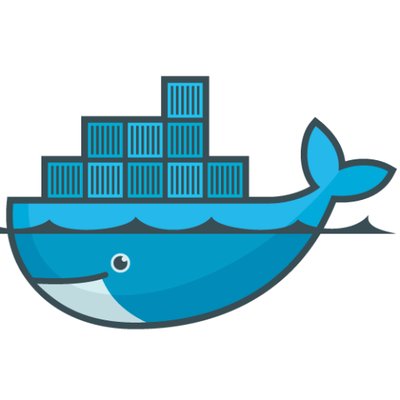PostgresConf Beijing 2019
| Join our Mailing List | Attend one of our events |
Last week was PostgresConf Beijing 2019. This event was an exercise in people understanding what it truly takes to run a conference. It was a standalone event unlike PostgresOpen China in 2018 which always takes a lot more work. We had generous sponsor support with the likes of Microsoft, Amazon Web Services, IBM, Pivotal, Inspur, HighGo, Credativ, and Command Prompt.

The overarching theme of the conference was of course People, Postgres, Data and we had many (translated) conversations about how Postgres can be the center of your Data Universe and how the ecosystem thrives with not only PostgreSQL but also technology such as TimescaleDB and Yugabyte. All of which are Open Source and enable People to use Postgres to manage their Data. In 2020, the plan is to have PostgresConf China in October or November. The timing will allow for a more moderate climate as well as have more time to generate international content.
English As A Second Language

As we continue to work with English-as-a-second-language communities we continue to find opportunities for them to grow and contribute. Of course the most common (and possibly difficult) opportunity is that in order to contribute code to PostgreSQL.Org, you must speak English. This is not an unreasonable requirement as English is the language of Computer Science.
A common piece of feedback we received was not that English was the consideration but the “level” of English proficiency was high. Unfortunately, verbosity is not always productive and it is certainly counterproductive when the vocabulary doesn’t take into account the non-native speaker. It would be a boost to productivity if we as a community tried to be succinct and as uncomplicated as reasonable in our communication. To put this another way and from a far more qualified source than us:
“Don't use a five-dollar word when a fifty-cent word will do.”
-- Mark Twain
Contribution Opportunities
While encouraging the Chinese community to contribute we continued to look for the low barrier of entry tasks. The obvious opportunity is translation of various project documentation. That is not the only prospect as PostgreSQL has fantastic extensibility and suggestions of developing new extensions. Contributing directly to PostgreSQL code has a high barrier of entry between English as a second language and overall overhead in building comprehensive knowledge of the core code. Extensions in contrast generally require needing to understand narrow areas of code to build a feature that is user-need specific. We are still exploring these opportunities but one option would be to invite extension authors to work with regional communities for translation or feature work.
Software You Weren’t Aware Of
Oleg from PostgresPro and PGConf.Russia was present and we were able to have some great conversations about the work they are doing, most of which can be found on Github. Although there is a lot of great software in that repository, the one that grabbed my eye as immediately useful was Zson. Zson is an extension that allows native compression of JSON/JSONB documents, greatly reducing disk space usage and increasing query speed of documents.
Please Replace IRC and Slack
Further conversations were had on how we can build a modern collaboration community that is internationally inviting, supports all languages, and is built on Open Source technologies. Initially it seems that Mattermost is a good contender but after further research it seems that we should also consider Matrix.org. The idea has barriers as the Chinese are partial to WeChat and the Professional U.S. community has left IRC for Slack, whereas other communities such as Brazil and Russia have settled on Telegram. We have a community member based working group determining next steps.
You may say that I'm a dreamer
But I'm not the only one
I hope someday you'll join us
And the world will be as one
-- John Lennon
Looking Forward
As People, Postgres, Data and PostgresConf continues to move forward we are looking forward to building on existing initiatives and events. We have PostgresConf Philly next week, PostgresConf Silicon Valley in September, and our next International event in October with PostgresConf South Africa. We are also continuing to work on our Inclusivity, Equit,y and Diversity initiative and launching Digital Events! This doesn’t include the growing number of meetups joining the idea of People, Postgres, Data including NYC Postgres, Silicon Valley Postgres, Philly Postgres, Seattle Postgres, and Montreal Postgres!
Quote of the week
“Those pig ears are really good.” -- Michael Meskes, Credativ and Postgresql.org committer.









